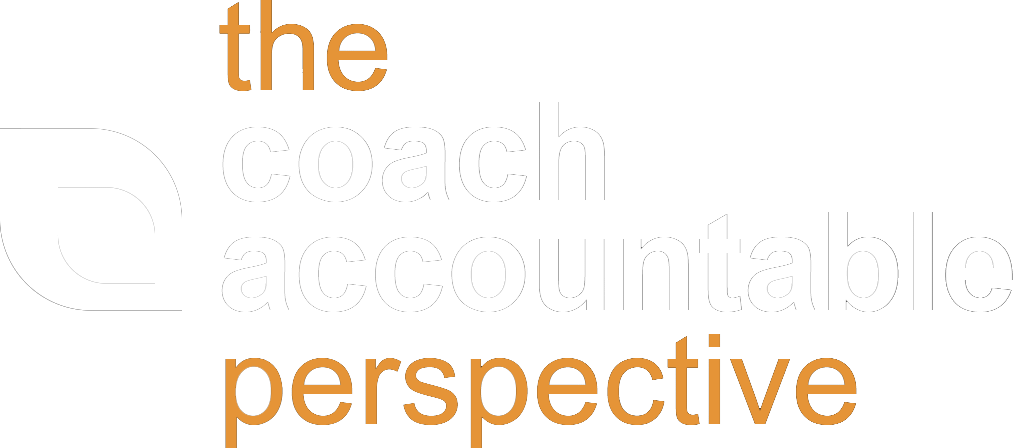Kevin Kelly wrote at the very top of his excellent yearly round up of unsolicited advice:
The best way to criticize something is to make something better.”
I have been an interested outsider to the coaching profession since 2004, when I got my first taste of transformational coaching in the Landmark Forum. It was the first time I’d ever even heard the word “coaching” having nothing to do with some guy with a whistle telling you to do more pushups, i.e. the first time I ever considered that coaching could mean one person taking a committed stand for the potential and growth of another that was squarely outside of sports or physical performance.
To say that I am interested in coaching is an admittedly gross understatement. Over the years that followed I took on and got so much of what this weird, non-sports thing (that was oddly also called coaching) had to offer, transforming many areas of life including income, freedom, romantic relationships, family, job satisfaction, and self-determination. To put it mildly I was, as printed on one of the signs hanging at the front of the room in that Landmark course, “Living a life powerfully and living a life you love.”
I became an avid consumer of coaching because I was thoroughly living its promise.
This in turn led me to create and devote the last 12 years (and counting) to continuously improving CoachAccountable, which I consider my love letter to the industry and practice, a giving back to an institution that has given me so much. Informed by my own shortcomings in showing up for the coaching process, it is a system devoted to enabling coaches to give their clients the best, most results-producing experiences.
When I say I am an outsider to the coaching profession, I mean this: I have no formal training in coaching. No coaching school attended, no certifications obtained, no real dog in any fight over what’s the “true” definition/modality/way of being/whatever of coaching.
But I have showed up. I’ve been coached, I’ve done the work, I’ve gotten results that any purveyor of coaching services would be glad to have as a case study for the brochure. Thanks to my participation in programs with Landmark Education, I’ve also been on the other side of the table. As coach I experienced the privilege of serving others in this way, celebrated the triumphs, and saw the pitfalls (realizing, happily, it wasn’t just me who was regularly rubbish at following through on what I told my coach I’d do).
Thus, as this more-than-interested outsider to the coaching world, I have some thoroughly considered opinions about what tends to work and what doesn’t in the execution of this wonderful practice. These opinions are grounded in street-level observations and through the lens of what it’s like to be on the receiving end. Opinions that are unencumbered by any dogma, allegiance, or even sunk cost investment in any particular training.
Now then, back to what Kevin Kelly said:
“The best way to criticize something is to make something better.”
I’ve noticed there’s an awful lot of coaching that suspiciously resembles therapy being practiced on healthy people. I’ve noticed there’s a lot of lack of holding accountable by coaches who don’t want to put off their clients. I’ve noticed there’s a lot of posturing of professionality and a lot of clamoring for the next certification level in hopes that maybe that will be the way to attract and retain clients.
In short, I’ve noticed a few ways in which coaching, as prevalently practiced, could be more difference-making. And a few ways in which coaches, still seeking to create a thriving practice, could get their faster and with less grind.
“The best way to criticize something is to make something better.”
As an avid fan of coaching and viable candidate for its poster boy (imagine me smiling and pointing with a wink, “You too can live the dream—get coached today!”) I want to make coaching better. I want a world where more people are similarly empowered and fulfilling their potential. And I want coaches, who have undertaken to contribute to that potential in the people they serve, to thrive by making good on that promise.
Think of me as a fellow coach who’s been there, yes, but also think of me as the advocate for your most earnest client who desperately wants the difference that working with you is capable of making.
I’m here to whisper in your ear what they wish you would do, telling you things they don’t specifically know to want, informed by years of powerful and not-so-powerful coaching experiences they don’t yet have.
A shortcut in you knowing how to give them the best possible chance at thriving and becoming your biggest fan.
This is the CoachAccountable Perspective.
More About This:
You might also be curious who is this guy, why there are no comments, and that the author comes in peace.



